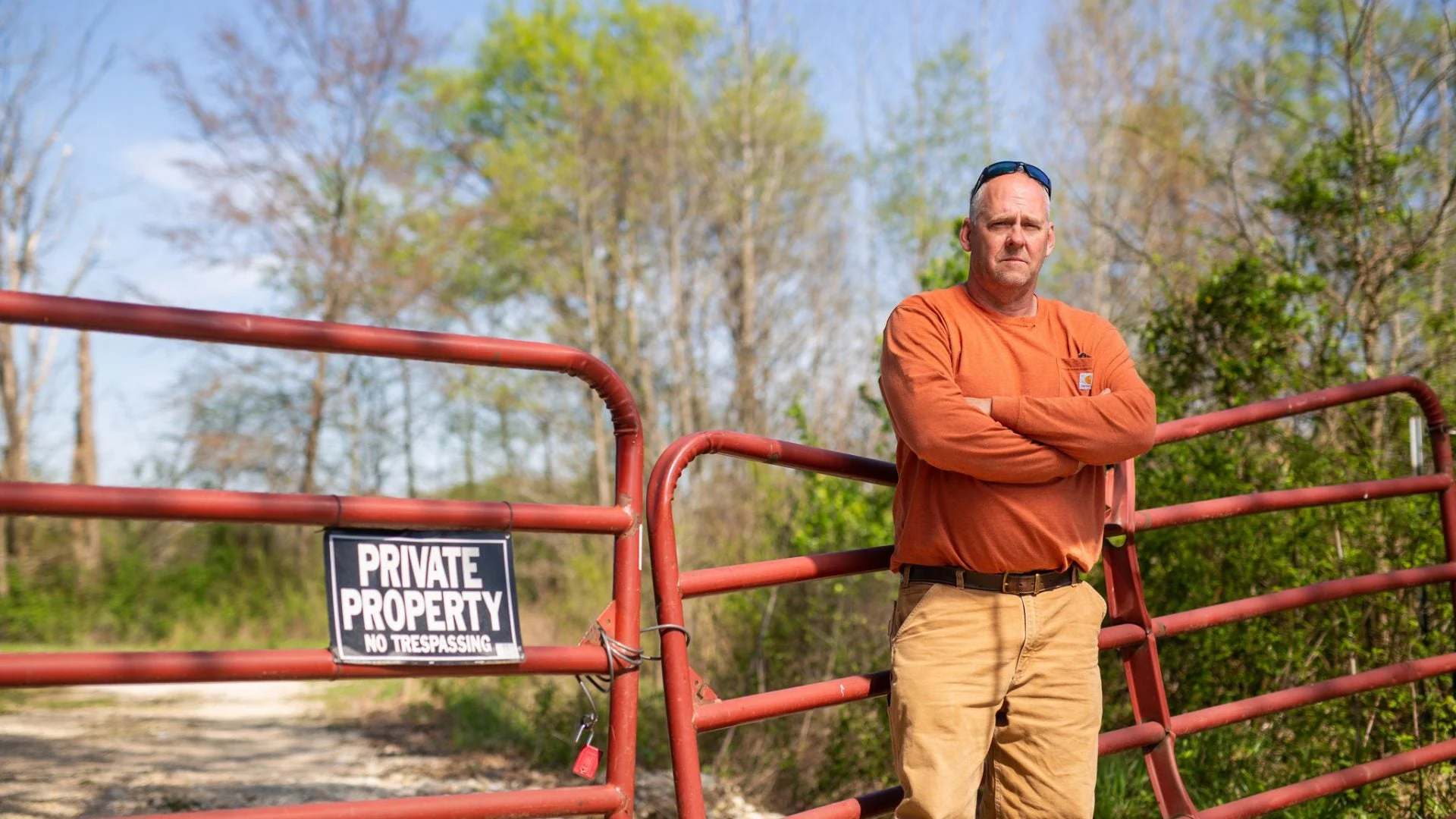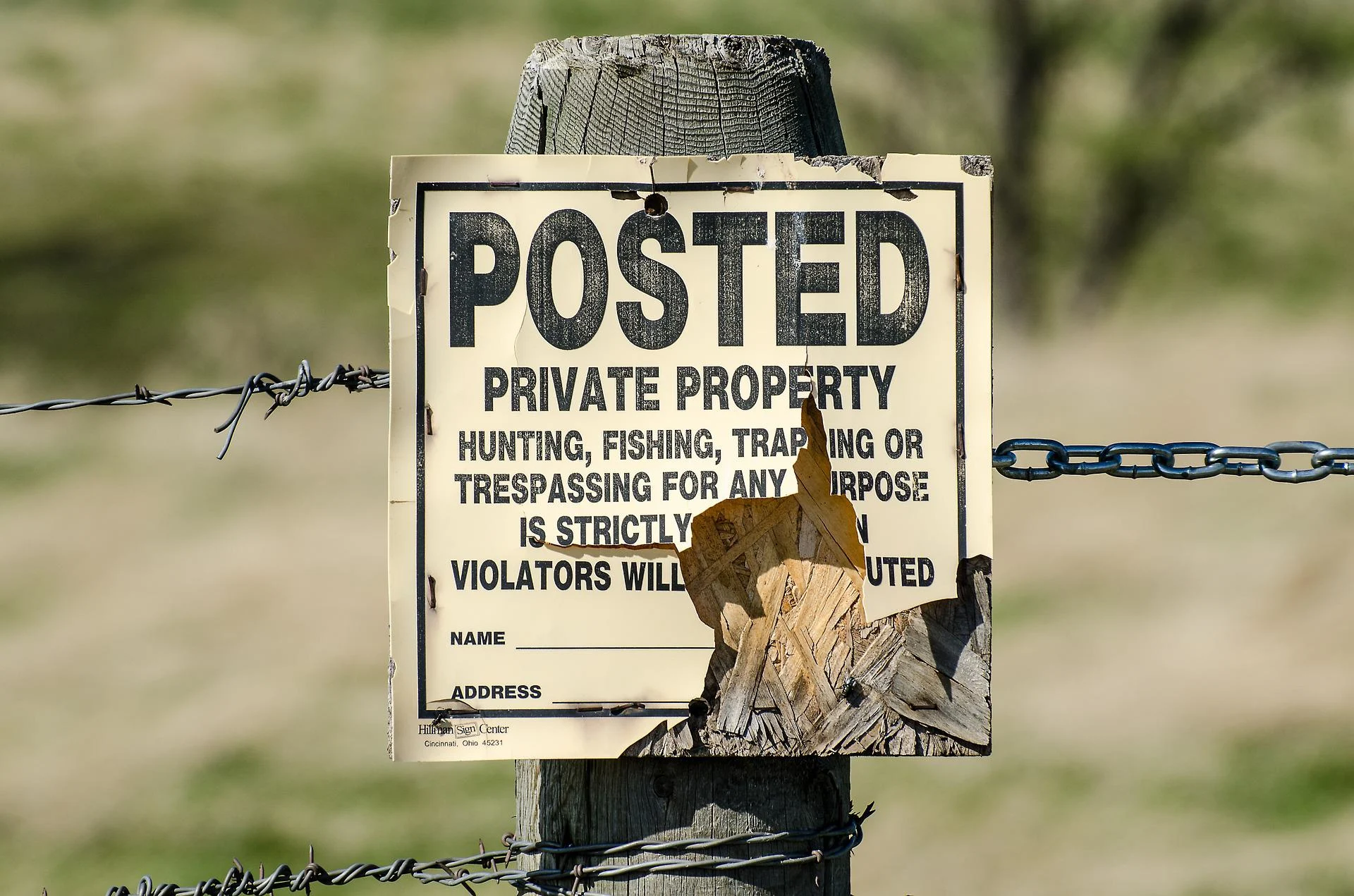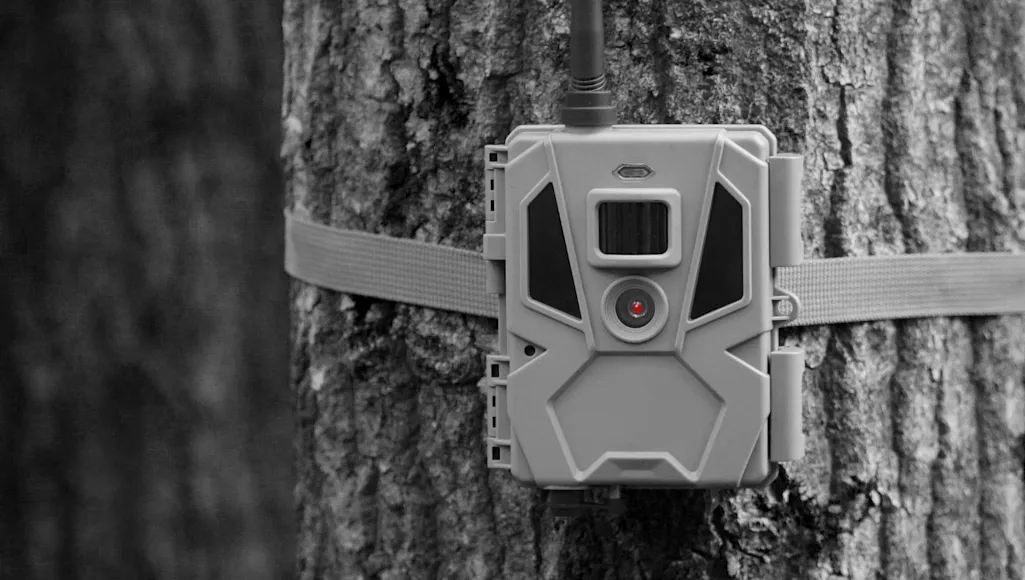When I first read the stories about Hunter Hollingsworth and the hidden trail camera placed on his property, I was outraged. I knew that if I found a camera like that on my farm, I’d take it down, same as Hollingsworth did. The fact that it was game wardens who put the camera there made it even worse. Nobody wants to be spied on by Big Brother—especially not on your own land.
Later, when Hollingsworth and Terry Rainwaters—another area landowner who’d also found hidden cameras on his property—took the Tennessee Wildlife Resources Agency to court over the cameras and won, I thought, Good for them. The ruling meant that Volunteer State game wardens would need a warrant to enter private property going forward, and that seemed reasonable enough. I discussed the case with hunting buddies, industry colleagues, my editors, attorney friends, and even a retired judge. To a person, every single one of them felt same way.
Then I interviewed attorneys with the Institute for Justice
, the firm that represented Hollingsworth and Terry Rainwaters, the co-plaintiff in the case. They provided me with hundreds of pages of court transcripts, including depositions from officers with the TWRA. I talked to a former Tennessee game warden and learned some realities about the job that even I didn’t know—despite having shadowed game wardens in the field in the past. Maybe most important, I learned that most wildlife violations in Tennessee are misdemeanors and that a game warden has to catch someone in the act in order to do anything about it. I talked with representatives with the TWRA and learned that they have a side of the story, too, but can’t tell much of it due to red tape.
Finally, I sat down with Hollingsworth, face-to-face, in his home, and listened as he detailed many of his past game violations, hunting-license suspensions, and run-ins with game wardens, including with Officer Kevin Hoofman—the Benton County warden who was specifically named in the lawsuit. There’s simply no getting around the fact that Hollingworth is a poacher, by definition. He has admitted to, been charged, and/or convicted of the following:
Chasing coots with a boat and shooting them with lead shot.
Shooting deer at night from a vehicle (though he insists his buddy pulled the trigger).
Shooting cliff swallows.
Shooting beavers at night on public land.
Baiting migratory game birds.
Shooting over the limit on ducks.
Hollingsworth told me that he believes that there should be some game laws—but he also said private-property owners should be able to shoot a deer or turkey any time of the year, so long as they use common sense and are shooting it to eat it, and that baiting waterfowl should be legal on private land, too, provided hunters adhere to the bag limits.
All of a sudden, I wasn’t so sympathetic.
That said, no matter how many past violations Hollingsworth has or how inexcusable they are, it is still fair to ask whether the wardens overstepped their bounds in this case. Did they go too far in planting the hidden trail camera? I think they did. And did they really need (as Hollingsworth describes it) to surround his home with multiple officers just to serve a warrant for a “stolen” trail camera? I suspect they didn’t.

Terry Rainwaters stands outside his property gate. He also had a camera planted on his property, but unlike Hollingsworth, Rainwaters had never been convicted of a game-law violation. Nathan Morgan for the Institute of Justice
You may not want to side with a poacher any more than you want to side with an intrusive government, but it’s important to understand that Hollingsworth was not the only hunter who had hidden cameras planted on his property, and unlike Hollingsworth, Rainwaters had never had a game violation. (I made contact with Rainwaters multiple times, too, but was unable to secure an interview with him.)
Hollingsworth maintains that finding the camera itself was the biggest problem, and that without it, he never would have taken things as far as he did. “The camera was the tipping point,” he said. “It’s a complete invasion of your privacy.”
Even Richard Simms—the former Tennessee game warden that I interviewed—said the trail cameras should not have been placed on Hollingworth’s and Rainwaters’s respective properties. “In this case, they overstepped their bounds and went too far with the use of the trail cams,” Simms said. “If they had not crossed that line, I don’t think this case would’ve ever gotten to that point.”
National Implications
But it did get to that point, and now this case is likely to have ripple effects in your state, and everyone else’s, going forward. The Institute for Justice is actively working on cases in other states that are very similar to the Hollingsworth case in Tennessee, where private-property owners have taken exception to hidden trail cameras placed by law enforcement. The TWRA lost their case because a panel of judges found that it had violated the state’s constitution, but Joshua Windham, the attorney with the IJ, said the firm’s ultimate goal is a federal challenge to the Open Fields Doctrine. That’s the doctrine that game wardens in most states—as well as U.S. Fish & Wildlife Service agents—say gives them the right to enter private property without permission or a warrant, so long as it’s not a home, dwelling, vehicle, etc. They also argue that Open Fields gives them the right to place the hidden trail cameras.
Despite the Tennessee ruling, agents with the USFWS still operate under the protection of Open Fields and can still enter private property and hang a trail camera—even in Tennessee—while investigating federal game violations. Though the Hollingsworth case was against the TWRA specifically, the USFWS played a significant role in it. (Special Agent Kyle Lock was photographed on the hidden camera, along with Officer Hoofman, and Lock was the officer who served the warrant at Hollingsworth’s home to retrieve the camera.)
In fact, without the federal agency’s involvement, the cameras might not have been used at all. In an email included in the court documents provided to us by the IJ, dated October 6, 2020, and addressed to the Tennessee Attorney General’s office, TWRA Lieutenant Colonel Cape Taylor wrote, “Please remind the Captains that no trail cameras or similar cameras are to be deployed for use in enforcement cases, unless the use is approved by a Major.”
Windham says the Open Fields Doctrine simply provides too much room for government abuse, especially given that the technology of today wasn’t even fathomable in 1924, when the original case was decided. “Once we have the principle that the government can come onto your land and install a camera, there are no limits of what they can do,” he said. “This is definitely not just an issue that matters for hunters.”

The Tennessee case could ultimately change whether state or federal wardens can plant cameras or even step foot on private property. Lisa Johnson / Pixabay
Still, hunters may have the most at stake, especially in the East, where the majority of land is privately owned. It’s worth noting that our North American Model of Conservation has created hunting opportunities here that are better and more accessible than any other place in the world. But for it to continue to exist, the pact that hunters and anglers made with one another more than a century ago must be honored. That agreement says that wildlife is publicly owned and the proper use of the resource is to be developed by the people and enforced by state and federal agencies. Not every game law is perfect or easy to understand. But if you’re someone who buys hunting licenses and permits every year, and you do your best to follow the law, and you subscribe to the belief that we should all conduct ourselves a certain way in the name of keeping critters around for everyone to hunt, then you have to remember that poachers are stealing from you. And to keep them in check, we have to have game wardens who are permitted to do their jobs.
But wildlife agencies also have to remember who they work for. How much public trust are they willing to destroy in order to keep their end of the bargain? The question of whether wardens should be able to enter private property without a warrant in order to catch poachers in the act will continue to be debated—and litigated. But one thing the Hollingsworth case seems to make crystal clear is that if agencies want to preserve public trust, hidden trail cameras will have to come down.


